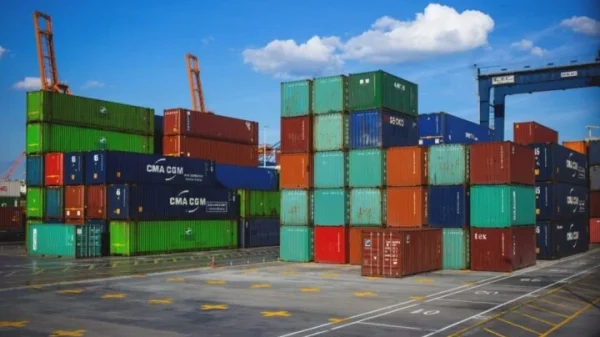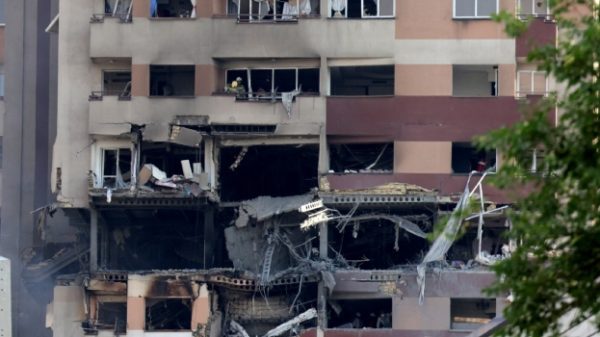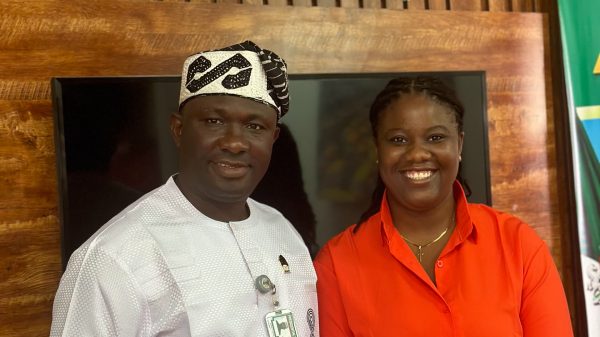In a recent announcement, the Biafra government has warned of plans to close all Nigerian federal and state courts within Biafran territories if specific demands are not met. Simon Ekpa, a leading figure within the Biafra movement, issued the statement on social media, outlining the Biafra government’s demands and consequences for non-compliance.*
The Biafra government, represented by spokesperson Simon Ekpa, has demanded the Nigerian government release all Biafran citizens currently detained outside of Biafran territories. The ultimatum, posted on Ekpa’s social media account on October 25, 2024, requires these detainees to be returned within 72 hours, expiring on October 27, 2024. According to Ekpa, failure to meet these demands will result in the closure of all Nigerian judiciary institutions within Biafran regions, a move aimed at asserting Biafran control over local governance.
Ekpa’s message outlined two main resolutions passed during a Biafra government cabinet meeting. The first resolution mandates that all Biafran detainees held outside of Biafran-controlled areas be returned promptly. The second resolution warns of the eviction of Nigerian judicial officers who are not of Biafran origin from specific courts within Biafraland. These courts include the Federal High Courts, the National Industrial Court, and the Courts of Appeal in cities such as Owerri, Awka, and Enugu.
The post, which garnered thousands of views and interactions, has raised concerns regarding escalating tensions between the Nigerian government and pro-Biafran movements. Ekpa emphasized that Biafra is prepared to act decisively if Nigerian authorities do not respond to these demands.
Biafra, a secessionist movement with historical roots dating back to the 1960s, continues to push for independence, citing the need for self-determination and autonomy from Nigeria. In recent years, the movement has gained traction through social media and protests, with leaders such as Simon Ekpa calling for increased control over the judiciary, law enforcement, and other government functions within Biafran regions.
Although the Nigerian government has not issued a formal response to Ekpa’s statements, legal experts warn that a shutdown of Nigerian judicial institutions could disrupt legal proceedings and deny residents access to justice. Public reactions to the Biafra government’s stance vary, with supporters expressing strong approval while opponents question the practicality and legal implications of such actions.
The situation continues to unfold as the October 27 deadline approaches, and it remains to be seen how Nigerian authorities will respond to these escalating demands.



















































































































